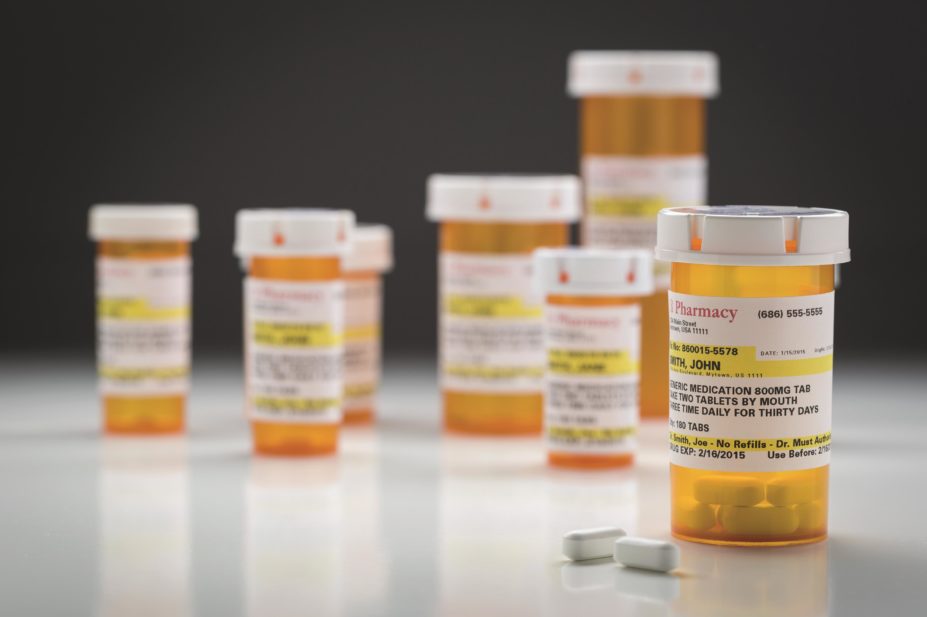
Shutterstock.com
Therapeutic substitution – switching a drug for a cheaper alternative within the same class – is a controversial method used to save money on pharmaceuticals.
To clarify the potential savings involved, researchers studied prescription medication data for 107,132 patients treated in the United States between 2010 and 2012.
They estimated that, during this time, there was US$73.0bn total excess expenditure and US$24.6bn out-of-pocket excess expenditure attributable to branded drug use, i.e. a lower-cost generic was available in the same drug class with the same indication.
The drug classes with the highest excess expenditure were statins, atypical antipsychotics and proton pump inhibitors, the researchers report in JAMA Internal Medicine (online, 9 May 2016)[1]
.
The authors conclude that, if implemented in a way that does not negatively affect quality of care, therapeutic substitution has the potential to significantly reduce drug costs.
References
[1] Johansen ME & Richardson C. Estimation of potential savings through therapeutic substitution. JAMA Internal Medicine 2016. doi: 10.1001/jamainternmed.2016.1704


